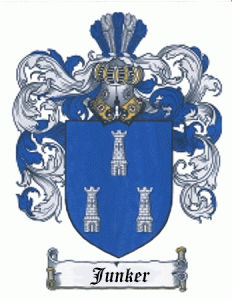About Us
Here at Junker Home, we take pride in everything we do, with decades of experience in all aspects of home repair, maintenance, construction, and management. We have been involved in homes from the ground up to fine custom woodwork and adding all the final and finishing touches, including taking care of the final product. We even offer maintenance and management services to keep your home looking and functioning properly for years to come.
Junker Home offers everything from one-off to a full-service plan for your primary and/or secondary home and will see to it that we find and repair problems before they become a major issue. Our goal is to save you money and provide the utmost in customer service and advice. There is no job too small or too large for us and we do not believe in one size fits all policies and we custom tailor every job to your needs at hand. Junker Home has years of experience taking care of properties of all sizes, from single-family to multi-million dollar estates and everything in between. So we are confident that we can see to your needs and service your property.

A good number of poorer Junkers took up careers as soldiers (Fahnenjunker), mercenaries and officials (Hofjunker, Kammerjunker) at the court of territorial princes. These families were mostly part of the German medieval Uradel and had carried on the colonization and Christianization of the northeastern European territories during the Ostsiedlung. Over the centuries, they had become influential commanders and landowners, especially in the lands east of the Elbe River in the Kingdom of Prussia.
As landed aristocrats, the Junkers owned most of the arable land in Prussia. Being the bulwark of the ruling House of Hohenzollern, the Junkers controlled the Prussian Army, leading in political influence and social status, and owning immense estates, especially in the north-eastern half of Germany (i.e. the Prussian provinces of Brandenburg, Pomerania, Silesia, West Prussia, East Prussia and Posen). This was in contrast to the predominantly Catholic southern states such as the kingdoms of Bavaria and Württemberg or the Grand Duchy of Baden, where land was owned by small farms, or the mixed agriculture of the western states like the Grand Duchy of Hesse or even the Prussian Rhine and Westphalia provinces.
